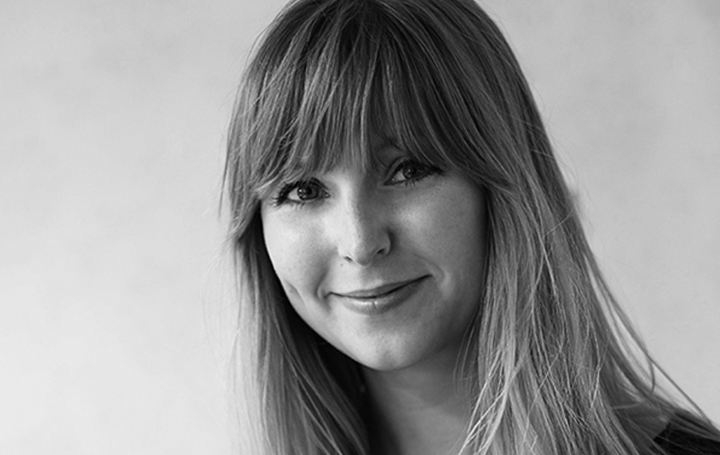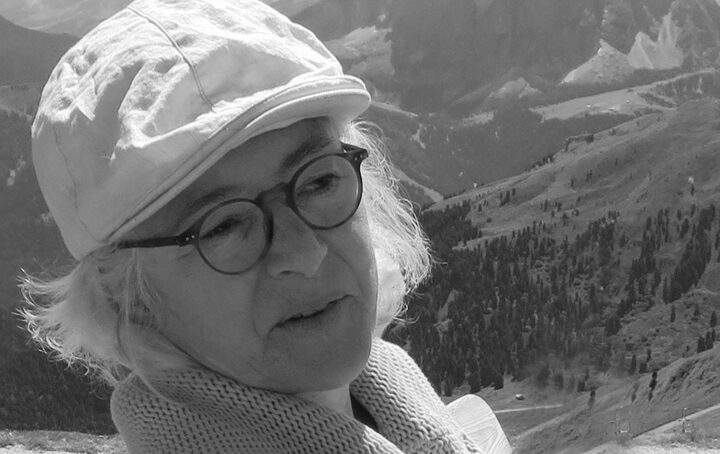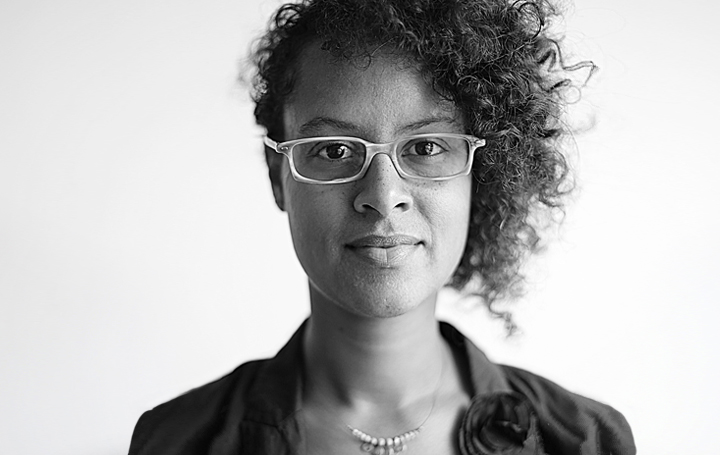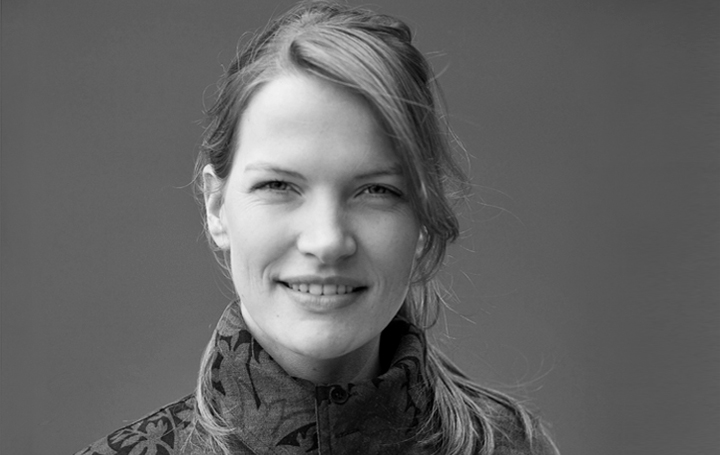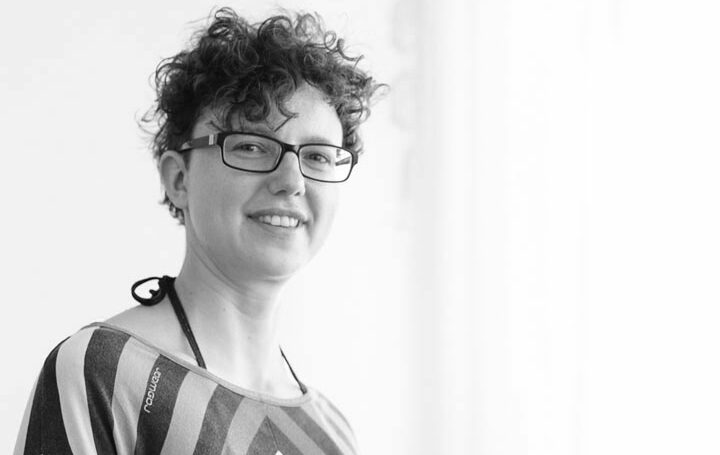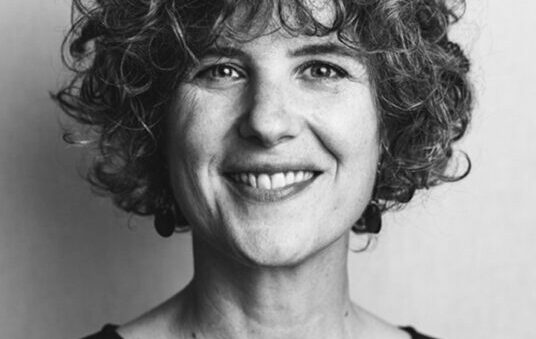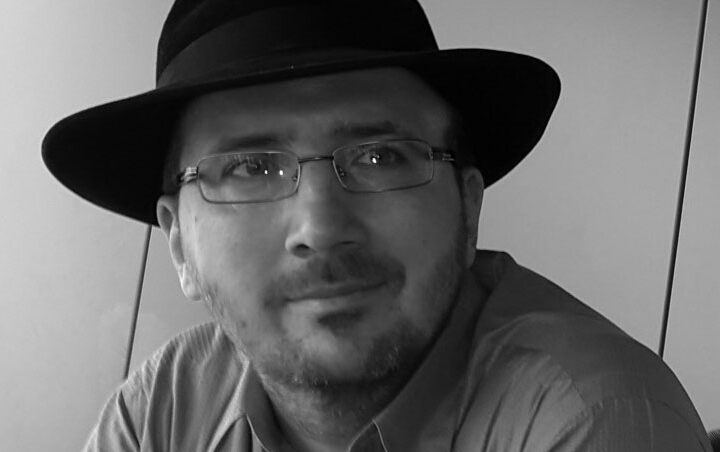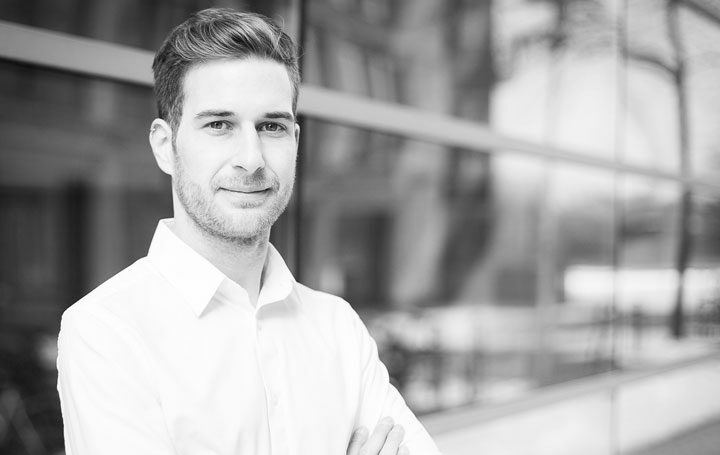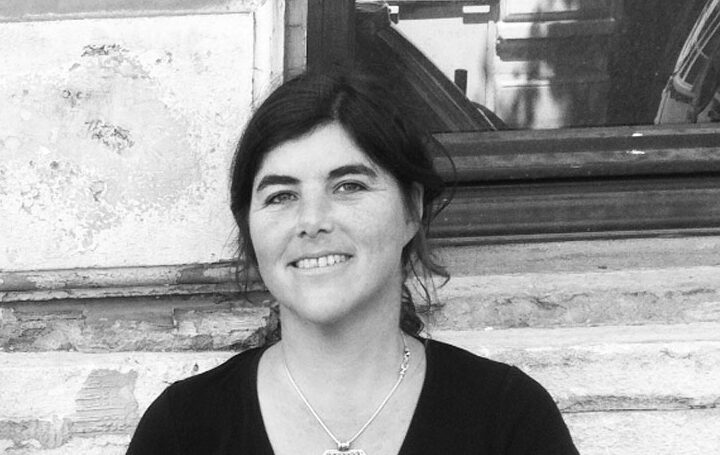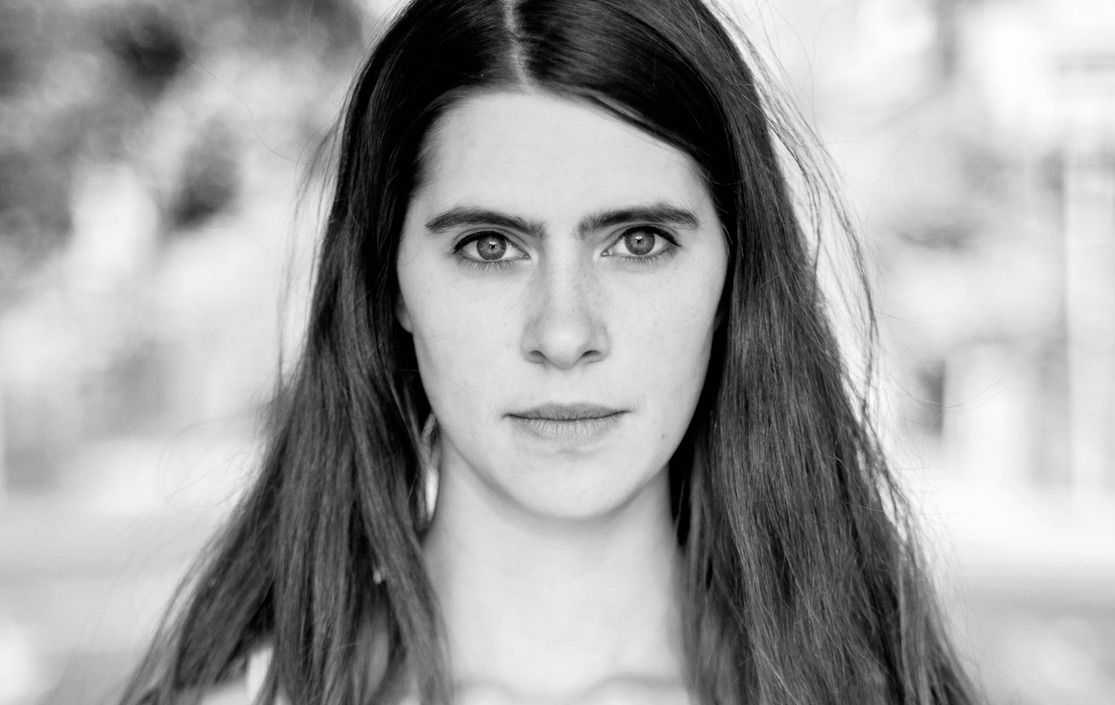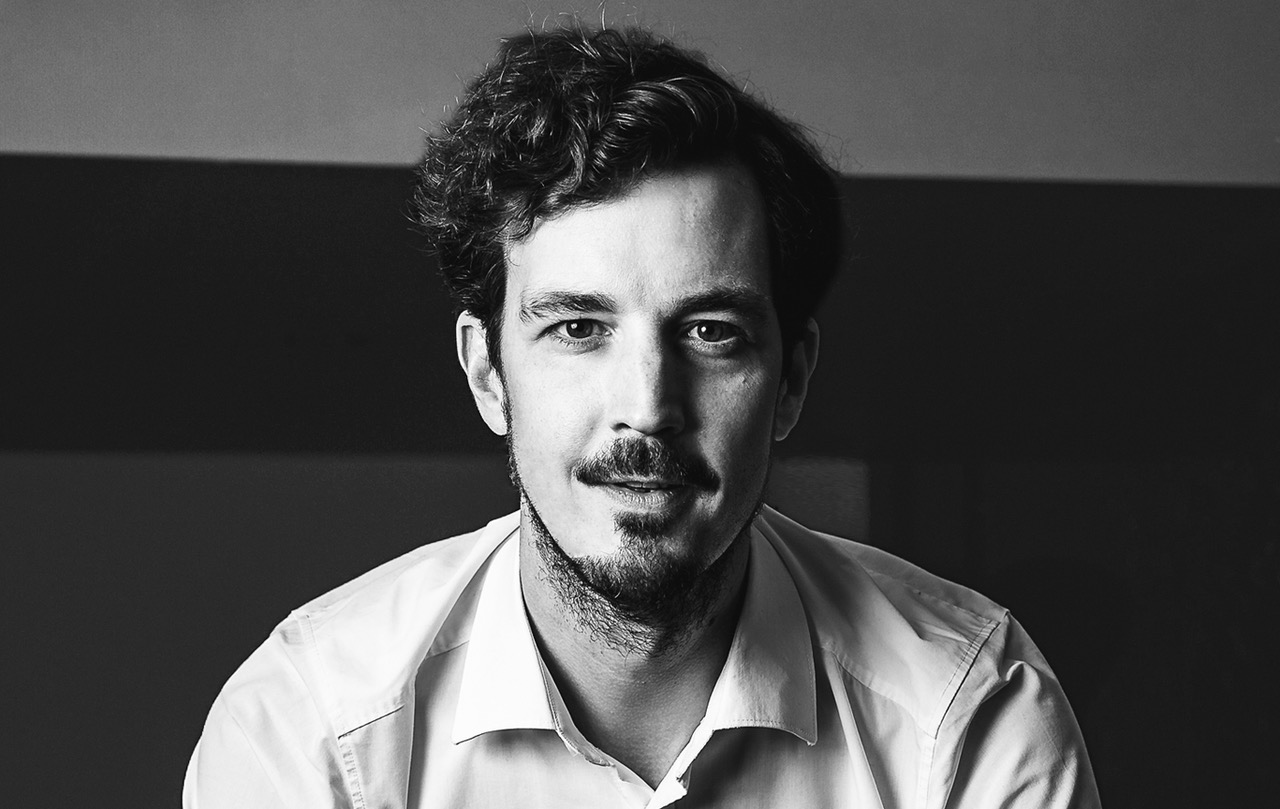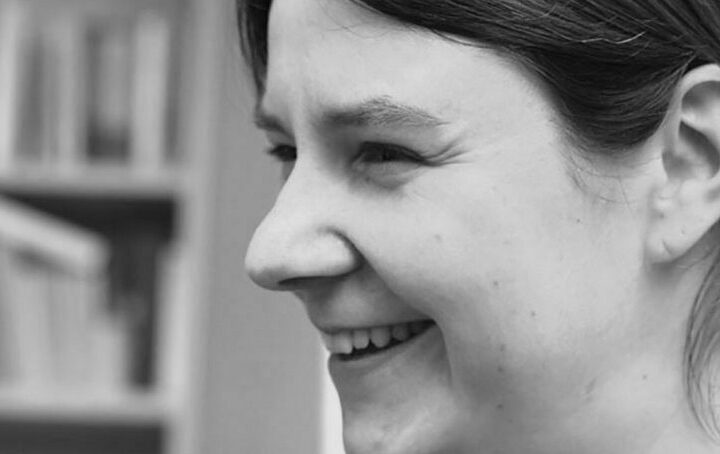Pınar Öncel and Tuna Özçuhadar
19. Oktober 2016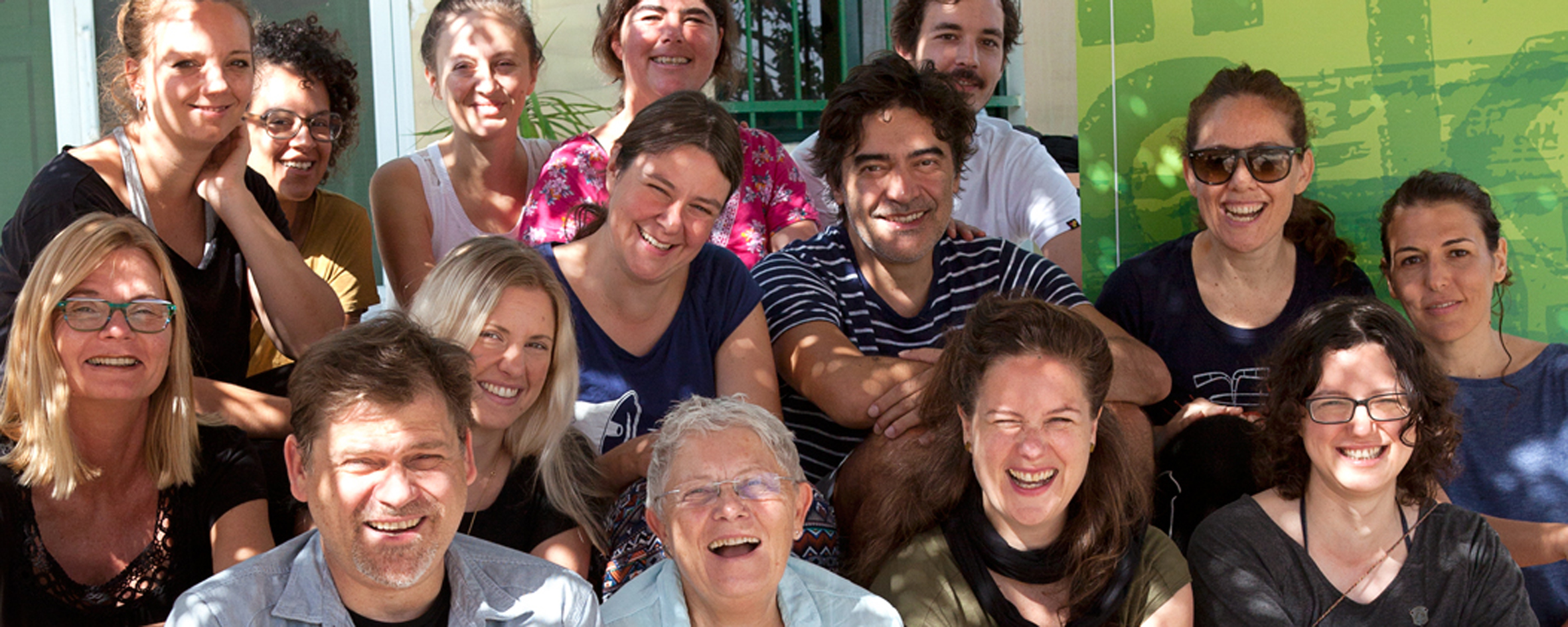
Eco Design Forum – Impressionen
29. November 2016The Team from EcoPeace Middle East is our host for the second part of the ECO DESIGN FORUM. We are happy to visit the EcoCenter in Auja and to get insights into the work of EcoPeace. We will meet Malek at this very special place.
Malek Abualfailat is a Project Manager at EcoPeace ME based in Bethlehem and he resides in Hebron.
Malek has been at EcoPeace for the past 6 years, first as the Palestinian manager of the project Protecting Ground Water (PGW), which aimed to improve and enhance the institutional capacity to rehabilitate and protect trans-boundary ground water in six districts across the West Bank.
In his second period of EcoPeace ME he managed Auja Environmental Education Center. The Center aims to increase the awareness of trans-boundary water issues, renewable energy needs, alleviation of pollution, adaptation to climate change, and sustainable agriculture in the area, in addition to promote eco-tourism.
Recently, Malek has become the Good Water Neighbors project manager. This project is considered to be the umbrella for all EcoPeace projects.
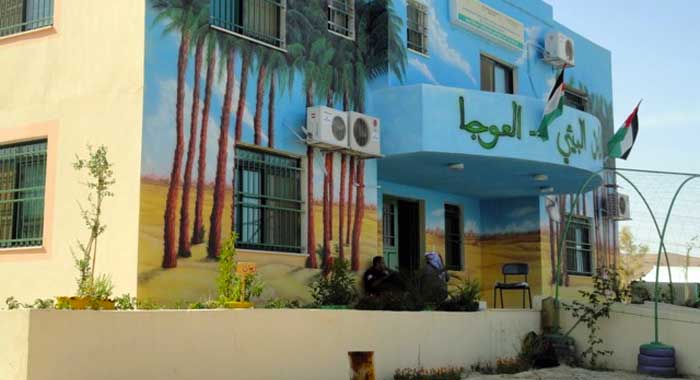
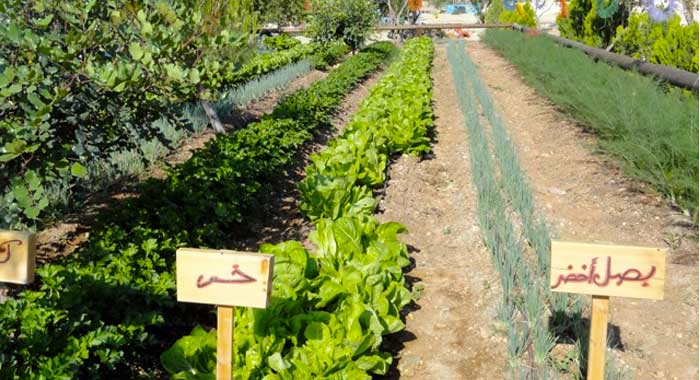
EcoPeace Middle East (formerly Friends of the Earth Middle East (FoEME))
EcoPeace Middle East is a unique organization that brings together Jordanian, Palestinian, and Israeli environmentalists. Our primary objective is the promotion of cooperative efforts to protect our shared environmental heritage. In so doing, we seek to advance both sustainable regional development and the creation of necessary conditions for lasting peace in our region. EcoPeace has offices in Amman, Bethlehem, and Tel-Aviv.
Auja EcoCenter
The EcoCenter is a place where you can get in touch with the valley, the history, the people and the ecosystem. You can stay in the guesthouse and explore the whole region. The mixture of the very traditional food they serve in the restaurant, the people they live in the valley, the nature and the program makes it to a great spot.
Auja’s Environmental Education Center is one project of EcoPeace Middle East. In the afternoon of day 4 we will get a tour around the center and the village. EcoPeace is there developing a program of journeys to help explore the landscape, politics, and culture of the Jordan River Valley. Rather than relaying facts, these journeys are designed to help environmentalists, journalists, students, and travelers to gain real insight into the valley’s history and environment.
The Auja village, located north of Jericho in the Jordan Valley, West Bank, is a small community of 4,500 residents and is famous in Palestinian society due to the nearby Auja Spring, where an estimated 9 million cubic meters of water annually flow out of the desert rocks. The oasis created by the Auja Spring attracts thousands of visitors each year, and is one of the Neighbors Path stations.
Understanding the unique potential of the area and the need for educating visitors of the importance of the site, its connection to the Jordan River and Rift Valley, and the need to both protect the nature reserve and wisely utilize scarce water reserves, FoEME developed a Jordan Rift Valley Center for Environmental Education and Eco-Tourism Development, located in Auja, with land donated by the local municipality.
Auja’s Environmental Education Center is already a focal point for environmental awareness on the importance of the Jordan Valley by teaching visitors and students about the geology, fauna, flora, water resources and cultural heritage of Wadi Auja and the Jordan Valley as a whole.
„We envision the Jordan River Valley and the Dead Sea as a healthy ecosystem – one in which the water is shared in a just and equitable way between the people who live in the valley; in which the aquifers, rivers, and springs that support all life here are used in a sustainable manner; in which the cultural heritage is protected; in which biodiversity thrives; and in which human communities flourish.
We contribute towards this by inspiring and educating people about the history and value of this landscape; by promoting a vision of the valley a whole and interconnected system of ecology and human culture; by generating income and employment for local people; and by advocating for the rehabilitation of the Jordan River and the Dead Sea.“
Find this and more information at
